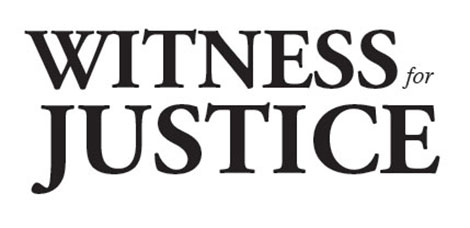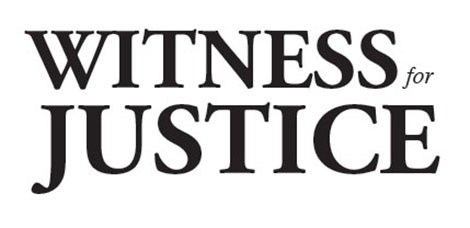Commentary: Uprooting the Sources of Harassment
 Sexual violence against women is not new. Stories are disturbingly abundant in our ancient texts and flow like a river through to contemporary times. But now, due to some invisible conglomeration of tipping points, something seems to be shifting. Many women who are disclosing sexual harassment, and sometimes even sexual assault, are being believed. Actions are being taken. More people are being held accountable.
Sexual violence against women is not new. Stories are disturbingly abundant in our ancient texts and flow like a river through to contemporary times. But now, due to some invisible conglomeration of tipping points, something seems to be shifting. Many women who are disclosing sexual harassment, and sometimes even sexual assault, are being believed. Actions are being taken. More people are being held accountable.
It’s enough to make us feel righteous. I can’t tell you the number of times I’ve heard, “It’s about time!” in recent weeks.
But is all this enough to make a real difference?
Not even close.
The attitudes that have fertilized the idea that women’s bodies are for male pleasure instead of sacred in their own right; the beliefs that have pollinated the practice of men taking credit for work women have done; the politics that have reinforced the abuse of power—all of these have been around since before scripture was written, and they have poisoned the very foundation of our relationships with each other as human beings.
If we hope to grab that arc of history and bend it a little more toward justice, it will require more than lawsuits against prominent figures. To replant this garden of denial necessitates us to truly see what we have been doing, to lament the violence being done to women, to own our complicity in that violence, to have deep and painful conversations, and to insist that we all behave differently within our new awareness.
We have the duty, as people of faith, to examine gender roles and stereotypes, to decry toxic masculinity, to respect true strength, and to foster compassion over competition.
We have the duty, as people of faith, to insist on people being respected for who they are as children of God, and not to be judged for the clothing they are wearing or the shapes of their bodies.
We have the duty, as people of faith, to examine the behaviors and ideas that have maintained a system so predictable and engrained that we send our daughters to programs about how not to get raped instead of teaching our children how to truly respect one another.
To replant a garden with poisoned soil will take time. It will take commitment. It will take energy and education. And it will take a whole lot of faith.
It will require understanding and respecting people with whom we disagree– without infecting them with name-calling, social media shaming, or harassment in any form.
Seeing perpetrators fired and resigning may feel like justice, but don’t be deceived. And don’t give up. Real justice will be reaped when no one is less than, and when we live and work humbly together, toward a just world for all people.
Amy Johnson is UCC Our Whole Lives Coordinator for the United Church of Christ.
View this and other columns on the UCC’s Witness for Justice page.
Donate to support Witness for Justice.
Click here to download the bulletin insert.
Related News
Overworked, Overwhelmed, and Underpaid
It is overwhelming to be a human right now, and especially, a policy advocate with moral...
Read More“I am thirsty”
Last March, when a child who was stuck under the rubble of a collapsed building in Gaza saw...
Read MoreSpringing Forward
Spring is in bloom in my neighborhood. Trees are budding. Flowers are starting to blossom. The...
Read More

